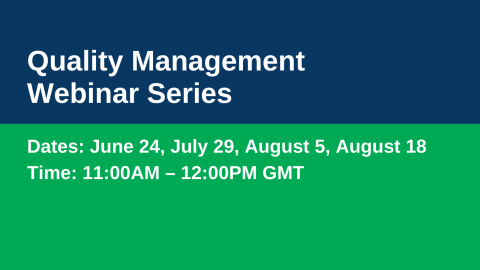International Federation of Accountants (IFAC) Continues Drive Against Financial Crime
The International Federation of Accountants (IFAC) welcomes the work of the World Economic Forum’s (the “Forum”) Unifying Framework, published today, for the important added visibility it provides in the fight against financial crime from a cross-sectoral perspective.
The release of the Forum’s report today is a significant step in raising awareness about the good work of gatekeepers – individuals including accountants, bankers and lawyers – who work to prevent or interrupt financial crime, and particularly money laundering, illicit financial flows, and corruption. By endorsing this work, IFAC hopes that we can inspire other gatekeeper professions to adopt ethical frameworks on par with the International Ethics Standards Board for Accountants’ (IESBA’s) International Code of Ethics for Professional Accountants (the Code), the gold standard for ethical behavior.
Kevin Dancey, CEO of IFAC, said, “This new report by the Forum is broadly aligned with the long-standing principles of the Code, which governs the conduct of approximately 3 million professional accountants, defined as those who are members of one of the 180 professional accountancy organizations (PAOs) around the world recognized by IFAC. We encourage other gatekeeper professions across all sectors to look to the Code as a model.”
Endorses the World Economic Forum’s Unifying Framework

